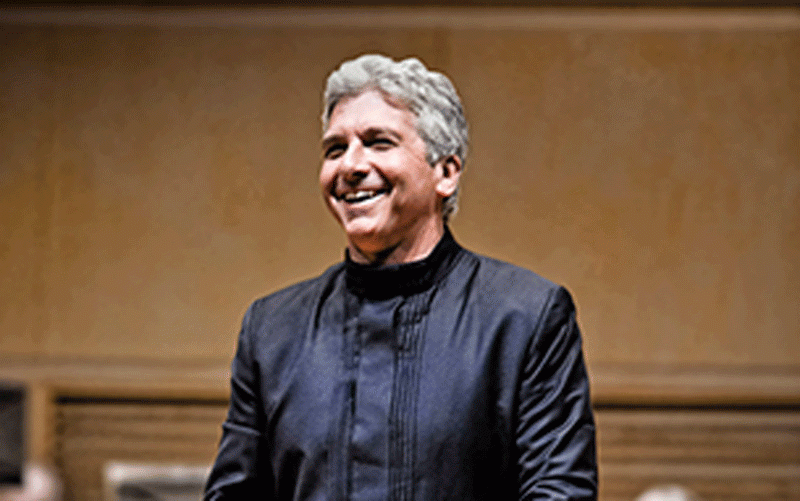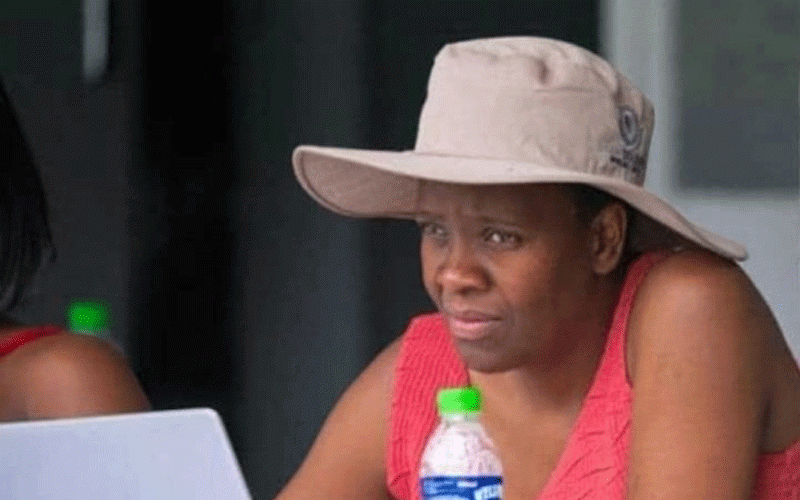
His modest five test rugby caps for Zimbabwe, and foiled attempts to turn out for the Springboks, are perhaps the reasons Tsimba did not endear himself with his fatherland folk unlike the above-mentioned iconic flag-bearers. But Tsimba is a Zimbabwean product through and through, and the man who was once considered the best flyhalf in world rugby fully deserves his place in a Zimbabwean sports Hall of Fame. Hence to be regarded as the next Kennedy Tsimba would on face value seem a huge weight of expectation for a cheerful, easygoing 19-year-old fella who grew up on a farm. Yet for young Zimbabwe national team flyhalf Danny Robertson, the label doesn’t seem at all far-fetched. You have to go a long way back in the history books to find a player who received his first test cap merely a year after leaving high school, like Robertson did as an 18-year-old away to Zambia last year. Robertson, Zimbabwe’s own version of Francois Steyn, put on a solid performance beyond his youth in Kitwe last year, controlling the game with great vision at flyhalf and splendidly making tactical decisions in a game in which the Sables opened a great chasm between them and the emerging nations. He bagged his second cap last November in a World Cup qualifier against Namibia in Windhoek, which the Sables lost. He missed the Sables’ victory in the inaugural CAR Southern Trophy competition in Botswana this year, helping the Zimbabwe Under 19s win an African qualifying tournament in Kenya to progress through to next year’s Junior World Trophy in Argentina.Robertson, who is also comfortable at centre because of a nose for the gap, played at fullback in the Under 19 tournament, and was duly voted the tournament’s most valuable player. “Danny is one of the most talented players to come out of Zim in a long time,” says respected Sables assistant coach John Falkenburg, Robertson’s mentor at the Districts club in Harare.“He has great potential. He’s done well. He could be another Kennedy Tsimba in the making. Maybe even better. He’s brave. He has tremendous vision. His commitment to tackling and defence is excellent. He doesn’t know fear. He’s a jovial guy too. Very nice guy.”The Young Sables’ qualification for Argentina was made sweeter by their victory in the final over rivals Namibia, who beat them in last year’s final. Robertson’s switch to fullback in the tournament allowed him to control the backline with even greater command. “Because of my vision I think I’m better at fullback than flyhalf,” says Robertson. “Johnathan McWade is also a good flyhalf so I had to make way for him. I enjoyed fullback quite a bit. Since I was the senior guy in the side, fullback was a more strategic position for me because I had to help the new wingers in the team.“There was huge expectation being the senior player in the team. We lost to Namibia in the final last year. Going back for the second year around and beating the Namibians was a relief. It was either we made it this year or not at all.”Danny Dennis Robertson was born in July 1990 in Harare and raised in the Mvurwi farming areas of Mashonand Central. He attended Districts schools, first at Barwick junior school in Mvurwi and then Peterhouse College in Marondera where he also excelled at squash, waterpolo and athletics. His father, who played for Banket in the Mashonaland Country Districts league, was his mentor in the formative years. “My mother left for New Zealand when I was 10. I’ve lived with my father ever since. He encourages me the whole time.”Zimbabwe’s elimination from the World Cup qualifiers for the 2011 showcase in New Zealand is a cause of great anguish for Robertson, which means his talent will for the time being remain concealed to a world which needs to learn Zimbabwe’s talent did not all go with Tendai Mtawarira, Brian Mujati, Tonderai Chavhanga, David Pocock and Takudzwa Ngwenya. “Well, truly speaking, the guys who have remained behind are equally good, if not better,” reckons Robertson. “Yes, Beast, Chavhanga and Pocock are all excellent players, but such is the level of talent in Zim that if we had the same amount of money, facilities and coaches as the other countries, we would never even cry over the guys who’ve left. We would still be okay.”
Enock Muchinjo











